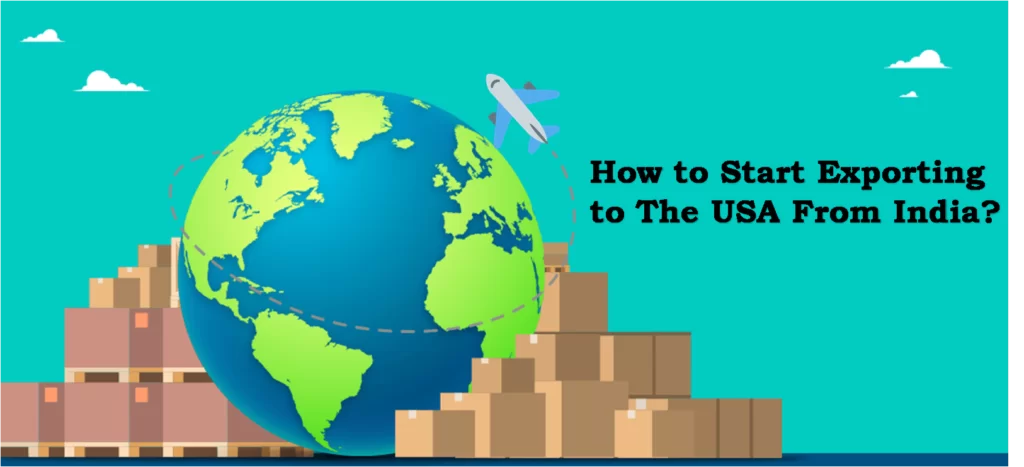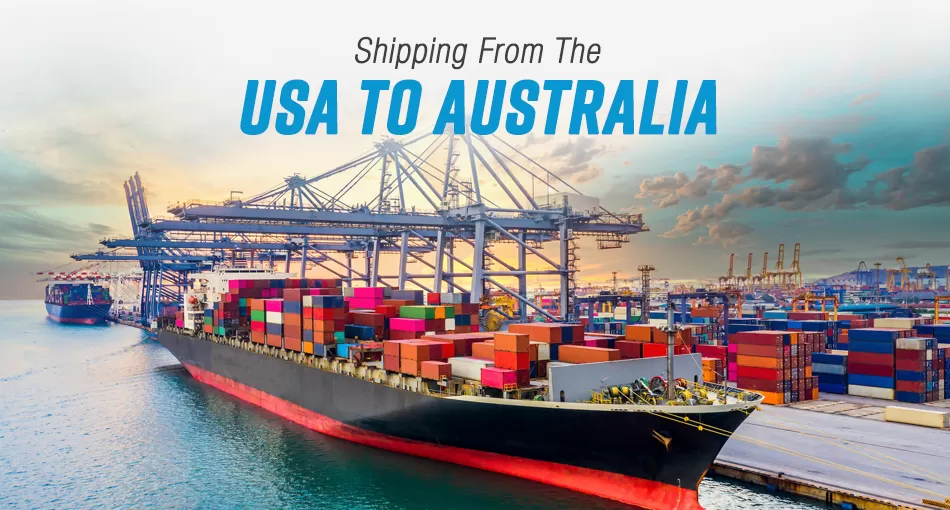The modern world might have pretty much surrendered to the convenience of digitization in every sector of life. However, when it comes to overseas transportation of goods, a lot of human involvement is still required in the entire shipping lifecycle. Fortunately, there are Ocean Transportation Intermediaries (OTIs) like Freight Forwarders and NVOCC, who ease the whole process for their customers.
Since both Freight Forwarders and NVOCCs aid in carrying out international import/export of goods, they are often mistaken as the providers of the same services. While there is no doubt that they have a lot of similarities, each of them serves their own purposes too, which is difficult for people, who are not directly associated with logistic services, to precisely pinpoint.
Let us now see what are a freight forwarder and an NVOCC and how they operate differently from each other:
Freight Forwarder:
- A Freight Forwarder is an individual or a company that helps with the planning, organization, and management of your shipment. Basically, they ensure that the cargo is picked up from the seller and delivered to the buyer at the required place, at the right price and in the original condition, using the most suitable resources and routing.
- Freight forwarders help you get through the complex processes like customs documentation, finding and booking of warehouses, insurance of the goods being sent and received, handling of import/export duties and other charges, making intermediate transport arrangements and other inter-country coordination.
- A forwarder issues a house bill of lading (BOL) while the master BOL comes from the carriers separately.
- In case of any claim resulting from wrong delivery/tampering of goods, both the forwarder and the carrier need to deal with it.
- Freight forwarders partner with other forwarders to carry out the shipment and can even work as an agent of an NVOCC.
- Freight Forwarders deal vastly in air, ocean, road, and rail freight.
- The FIATA (International Federation of Freight Forwarders Associations) standardizes the tone of freight forwarders. Hence, there is a resemblance in the documentation of different forwarders.
NVOCC:
- As the name suggests, an NVOCC (Non-Vessel Operating Common Carrier) does not own any ship, but can have its own range of shipping containers to carry cargoes. They lease space from various shipping lines, operating across various trade lanes, at a lower rate and then sell these spaces to their various clients as per their own tariff rates.
- NVOCCs receive and deliver cargo, conclude contracts of international carriage of goods with the shippers as carriers, collect freight and other service charges, book space and arrange shipping with mainline carriers, pay port to port transportation freight or other transportation charges, consolidate and deconsolidate containers either using own CFS or 3rd party.
- NVOCCs issue their own bill of lading and other documents just like independent ocean carriers do.
- NVOCCs assume full responsibility of your cargo and you need to file claims with them should the need arise.
- NVOCC mostly offers ocean-based international shipping.
- NVOCCs can appoint forwarders as an agent for them but vice-versa is rarely seen.




